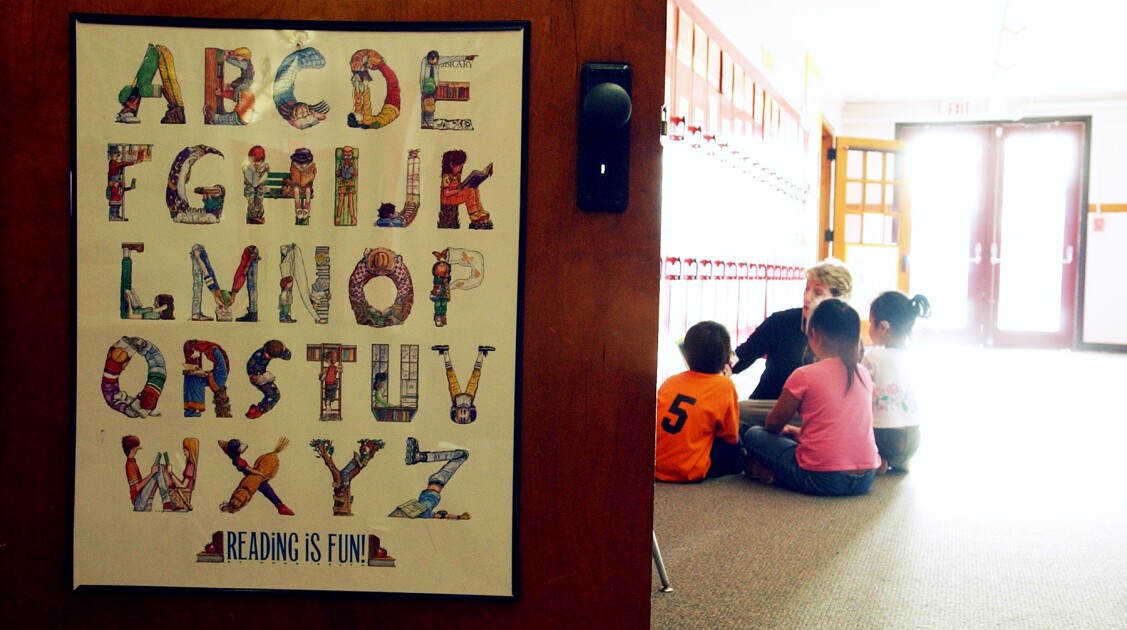When News Corp. announced the purchase of Wireless Generation last year, it was unclear whether the educational software, systems, and consulting company could maintain an identity separate from a media conglomerate that has drawn criticism from educators.
A phone-hacking scandal and rejected contract later, that identity appears harder to preserve.
New York State Comptroller Thomas P. DiNapoli last week rejected a $27 million, no-bid contract between Wireless Generation and the state’s department of education for developing assessment tracking software, apparently because of concerns about News Corp.'s ethical record.
While those concerns stem from the scandal following the discovery of illegal phone hacking at some of the company’s British newspapers—and not from criticism by some educators of the conservative leanings of News Corp.'s Fox News—the decision counters claims by the Brooklyn-based ed-tech company that it could distance itself from negative perceptions of the brand created by Australian-born News Corp. chairman and chief executive officer Rupert Murdoch.
“In light of the significant ongoing investigations and continuing revelations with respect to News Corporation, we are returning the contract with Wireless Generation unapproved,” a letter from the DiNapoli’s office begins. "[W]e believe the record remains incomplete with respect to the vendor responsibility issues involving the parent company ...”
But supporters of the contract aren’t necessarily buying News Corp.'s involvement as the reason for the rejection of a deal that was widely criticized by the 600,000-member New York State United Teachers union for what it said were potential improprieties.
Joel I. Klein, former chancellor of the 1.1-million student New York City school system and current chief executive officer of News Corp.'s education division, worked with Wireless Generation to implement assessment and data software during his nine years as city schools chief. He drew criticism from union leaders throughout his tenure for a perceived over-reliance on test scores as a method of teacher evaluation. Those union leaders say the $27-million deal to create similar software for statewide use is unfriendly to teachers and a conflict of interest.
In a statement, the state education department suggested the comptroller was bowing to pressure from unions and other political forces as much as it was bending under the weight of News Corp.'s reputation. And Joan Lebow, a spokesman for Wireless Generation, said opposition to her company is also built partly upon what she said was a false notion that Wireless Generation is deeply involved in teacher assessment.
“In some consumer press reports and blogs, the company has been mischaracterized as being in the evaluation business,” Lebow said, “when it’s so clear to people we work with in every state in the country that Wireless Generation is dedicated to developing tools for teachers. The wide use of data is one among many tools.”
Larry Berger, the co-founder and CEO of Wireless Generation, also sits on the board of directors at Editorial Projects in Education, the nonprofit corporation that publishes Education Week.
An NYSUT spokesperson praised the comptroller’s decision, while noting that his motivations may have been different than the union’s.
"[DiNapoli’s] reasons and our reasons, I’m not sure they are one in the same. But it was the right thing to do,” NYSUT spokesperson Frank Maurizio said of the rejection.The involvement of News Corp., he said, “may have been the straw that broke the camel’s back.”
Wireless Generation had approximately 450 employees as of last month, according to company officials, including 130 added in 2011. It’s unclear whether the loss of such a contract will effect the company’s ability to retain or add employees. It’s possible, Lebow said, that it will enter the competitive bid process for the same contract when it opens.
News Corp. also has yet to announce additional educational acquisitions since Klein hinted to the Financial Times in June that more would be coming. News Corp. purchased 90 percent of Wireless Generation for $360 million last November.


